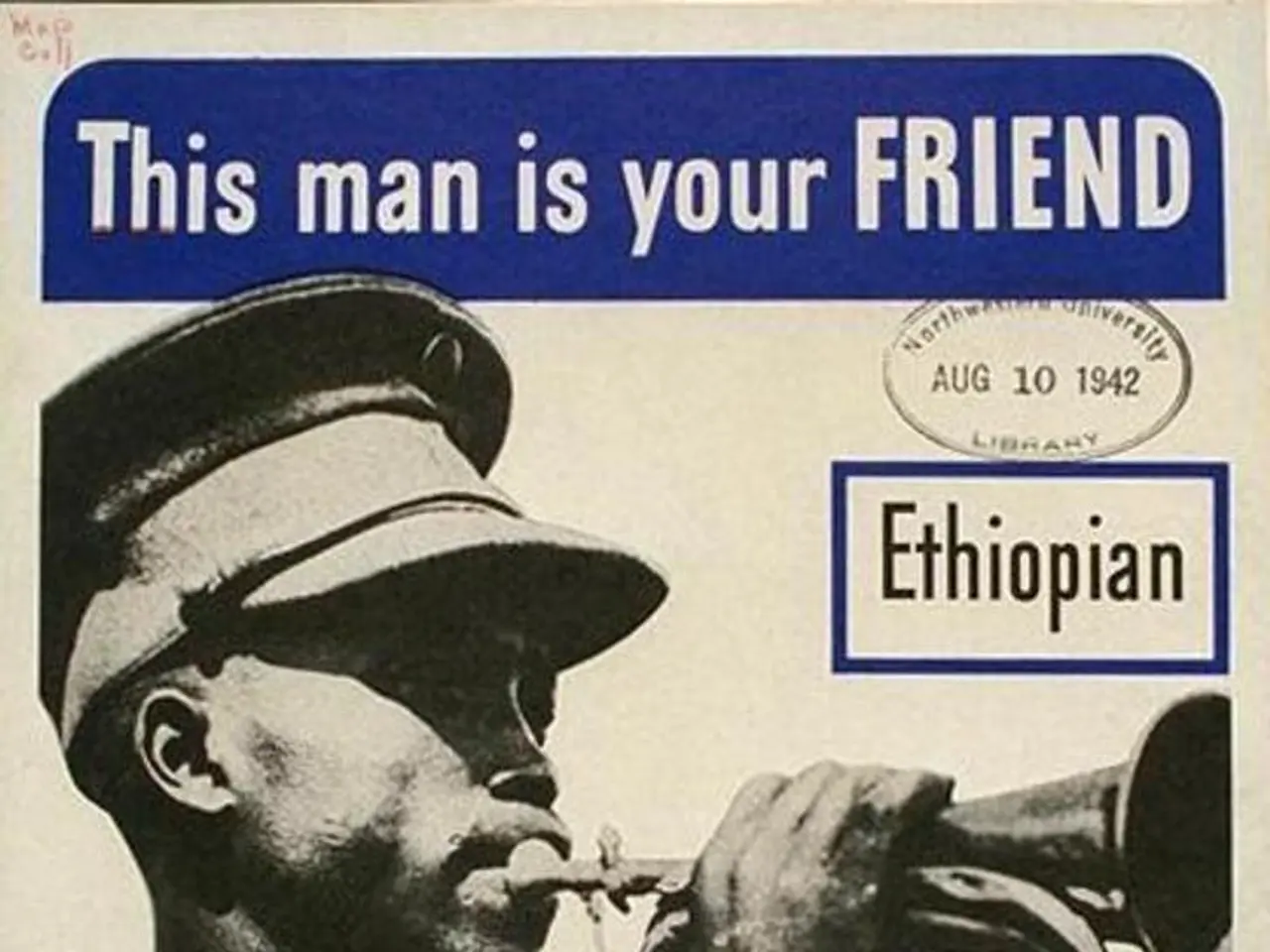Chinese company granted control over law enforcement's covert surveillance by government, criticized for recklessness by opposition party
In a move that has sparked political and security concerns, Spain has awarded a €12.3 million contract to Chinese tech giant Huawei to manage the storage of sensitive police and judicial wiretap data. This decision, despite banning Huawei from its 5G infrastructure due to security concerns, has caused a significant stir.
The contract, which includes judicially authorized interceptions related to major criminal investigations and intelligence operations managed by Spain's SITEL system, has raised warnings from internal Spanish police and Guardia Civil officials about entrusting such sensitive information to a company linked to the Chinese Communist Party.
Security Risks
Huawei's involvement in managing critical law enforcement data has been met with apprehension. The US government and some European security officials view Huawei as potentially compelled by China's 2017 National Intelligence Law to cooperate with Chinese intelligence services, creating a vulnerability in the data.
EU Concerns
The European Commission (EC) has criticized Spain's decision, seeing it as contradictory to the EU’s cybersecurity stance. The EC considers Huawei to pose "materially higher risks" than other suppliers and advises placing restrictions on such vendors.
US Backlash
The US Capitol Intelligence Committee has condemned Spain’s contract with Huawei, stating that it endangers not only Spain's security but that of allied partners. Senior US lawmakers have reportedly sought a review of intelligence-sharing arrangements with Spain due to this contract.
Political Context
Spain, led by Prime Minister Pedro Sánchez, has maintained a more China-friendly economic and technological cooperation stance compared to other EU countries. This contrasts with actions by many EU member states and the US, which have excluded Huawei from critical 5G infrastructure.
The Opposition's Response
The conservative People's Party (PP) has expressed deep concern over this situation, requesting the full remission of the contract file and all cybersecurity reports that justify the election of Huawei. The PP considers the award of the contract to Huawei an irresponsibility and believes the Government is playing with fire.
The PP has demanded the appearance of Ministers Marlaska, Robles, and Albares in both the Congress and the Senate to give explanations about the high-risk award of the contract to Huawei. They advocate for guaranteeing the maximum protection in strategic areas, with special attention to the risks coming from foreign powers.
The PP has also raised concerns about the elimination of mentions of China in the Annual National Security Report after the award of this contract to the multinational Huawei. They warn that if Sánchez puts state secrets at risk, he will have to explain why, and the PP will ask for explanations in Congress or Senate.
In Summary
The awarding of police wiretap management to Huawei is a significant political and security flashpoint, raising fears over data vulnerability, straining EU unity on cybersecurity policies, and causing diplomatic tensions between Spain, the EU, and the US. The situation remains a topic of intense debate and scrutiny.
- The political and security concerns surrounding Huawei's involvement in managing police and judicial wiretap data have led to the People's Party (PP) requesting the full remission of the contract file and all related cybersecurity reports.
- The European Commission (EC) has voiced its concerns over Spain's decision to award a contract to Huawei, seeing it as contradictory to the EU’s cybersecurity stance and advising restrictions on such vendors.
- The US Capitol Intelligence Committee has denounced Spain's contract with Huawei, asserting that it not only endangers Spain's security, but also that of allied partners and may even lead to a review of intelligence-sharing arrangements.








